Ecology and the Biosphere: Key Concepts and Biomes
1/29
There's no tags or description
Looks like no tags are added yet.
Name | Mastery | Learn | Test | Matching | Spaced | Call with Kai |
|---|
No analytics yet
Send a link to your students to track their progress
30 Terms
Organismal Ecology
Study of individual organisms and their interactions.
Population Ecology
Focus on groups of individuals of the same species.
Community Ecology
Interactions among populations of different species.
Ecosystem Ecology
Study of communities and their physical environments.
Landscape Ecology
Interactions between multiple ecosystems.
Global Ecology
Study of the biosphere and global processes.
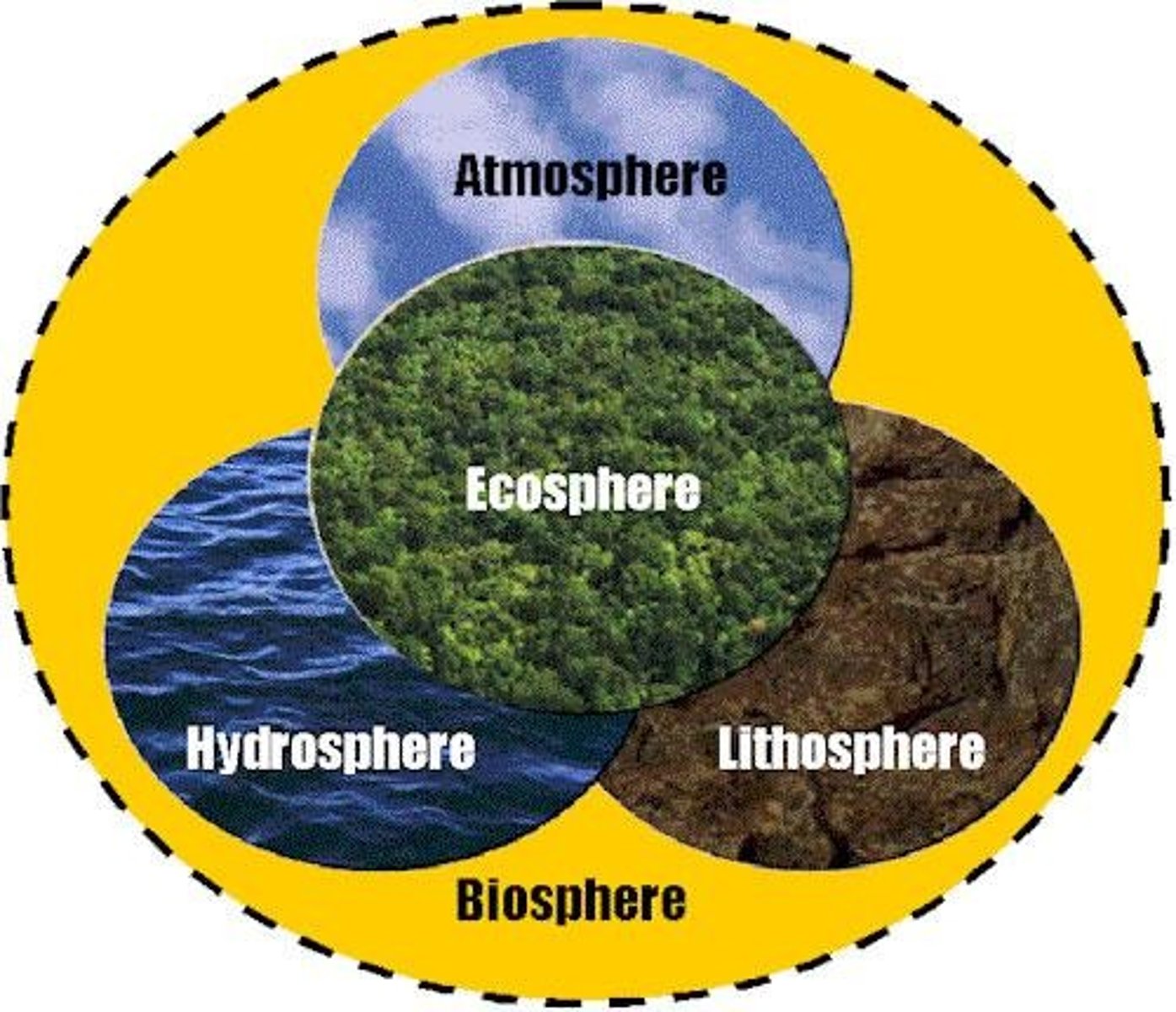
Biogeography
Study of species distribution and abiotic factors.
Abiotic Factors
Non-living environmental components affecting ecosystems.
Latitude
Geographic coordinate affecting climate and biodiversity.
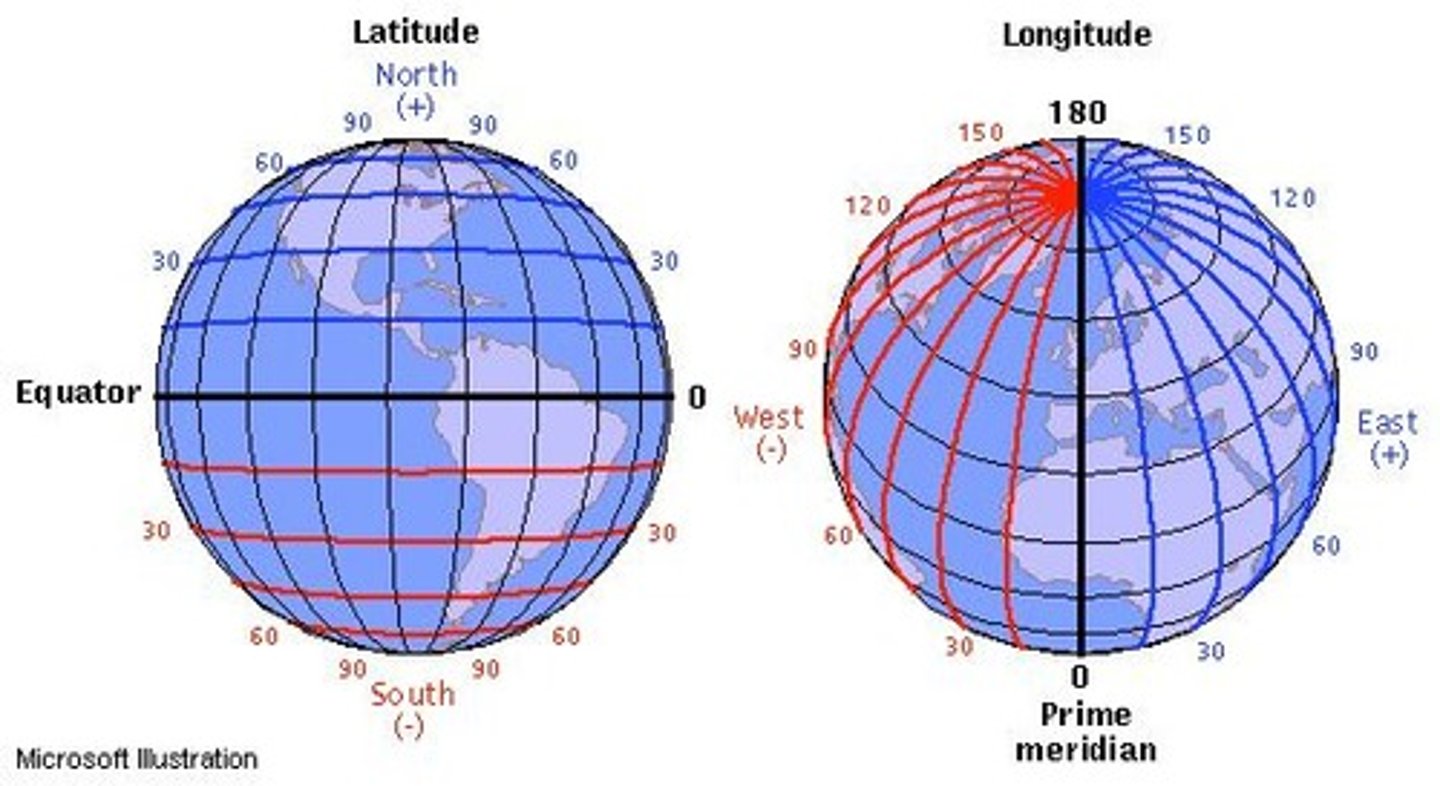
Longitude
Geographic coordinate defining east-west position.
Rain Shadow
Dry area on leeward side of mountains.
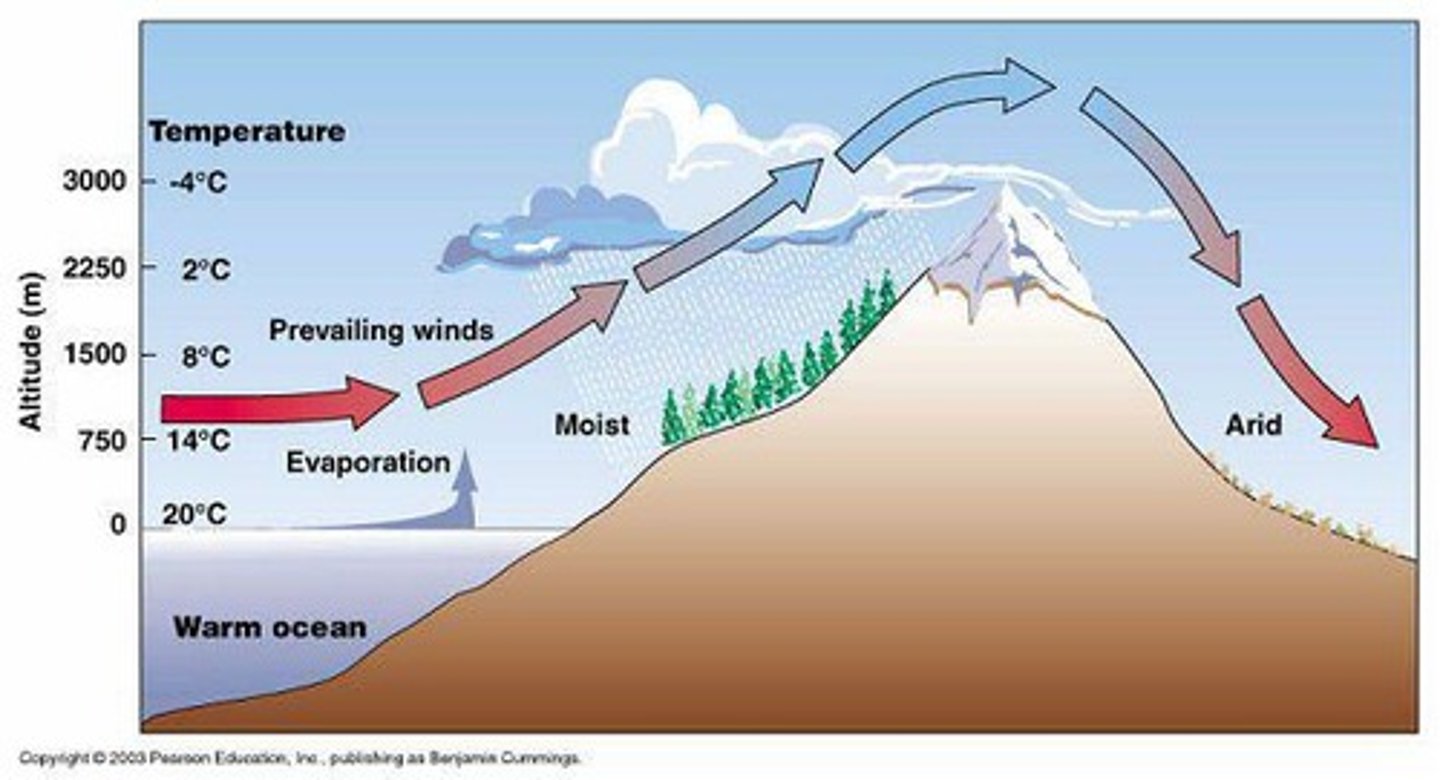
Ecotone
Transition area between two biomes.
Tropical Forest
High rainfall and temperature, diverse species.
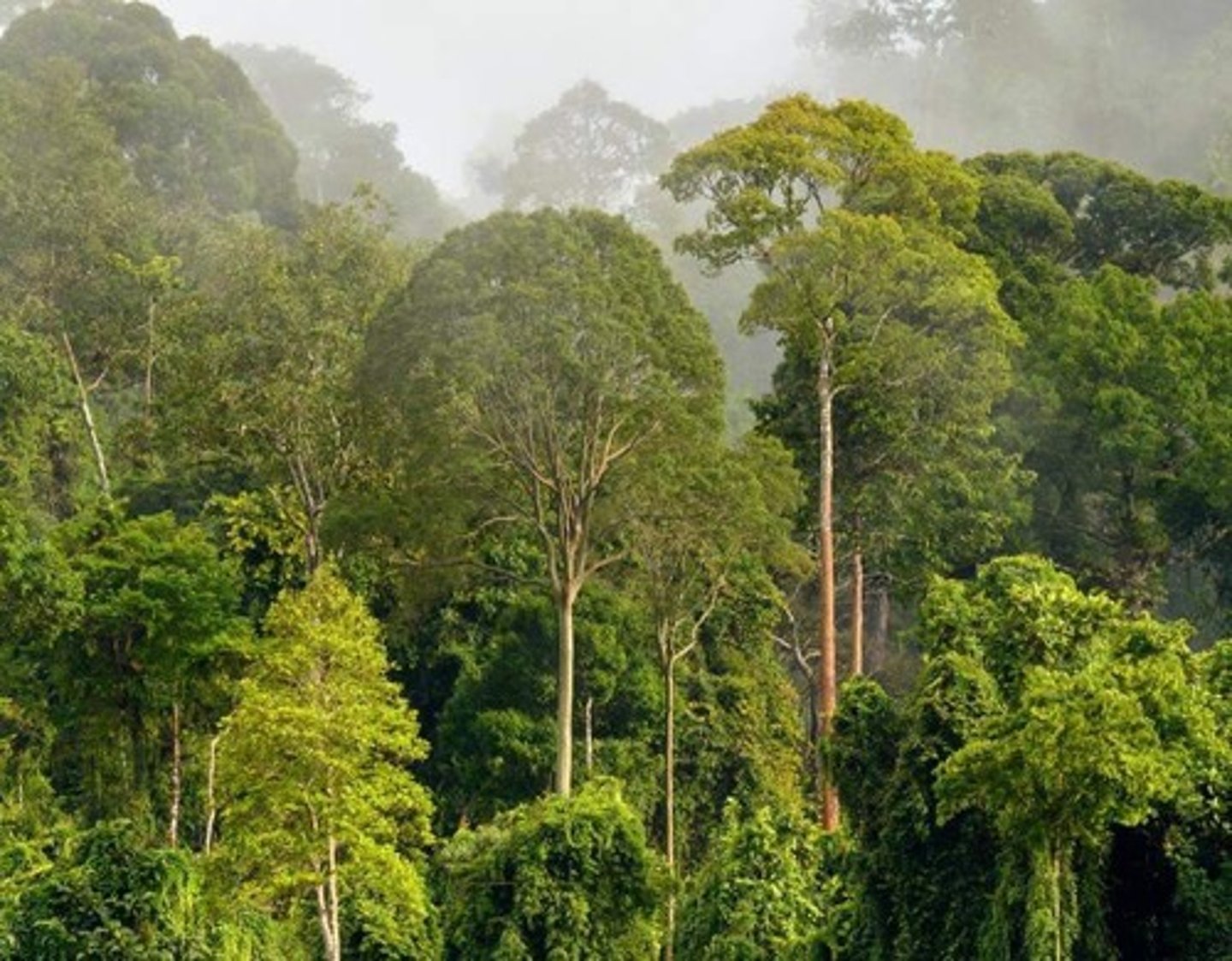
Desert
Low precipitation, extreme temperature variations.
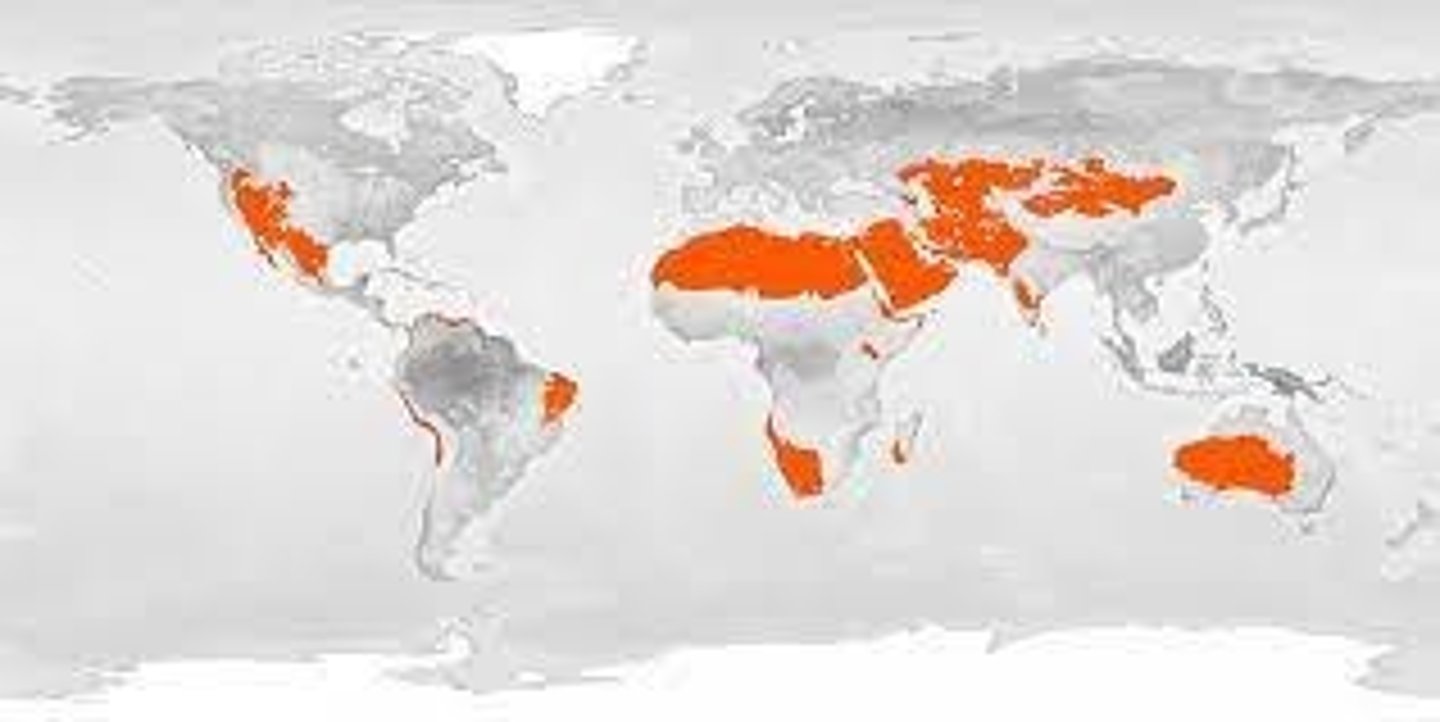
Savanna
Grasslands with scattered trees and seasonal rainfall.
Chaparral
Dry summers, wet winters, shrub-dominated.
Temperate Grasslands
Seasonal rainfall, dominated by grasses.
Northern Coniferous Forest
Largest biome, dominated by conifer trees.
Tundra
Cold, low biodiversity, permafrost present.
Temperate Broadleaf Forest
Seasonal rainfall, diverse plant and animal life.
Marine Biomes
Aquatic ecosystems with high salt concentrations.
Freshwater Biomes
Aquatic ecosystems with low salt concentrations.
Zonation in Aquatic Biomes
Layering of habitats in aquatic environments.
Oligotrophic Lakes
Nutrient-poor, oxygen-rich water bodies.
Eutrophic Lakes
Nutrient-rich, oxygen-poor water bodies.
Wetlands
Water-saturated areas supporting diverse life.
Estuaries
Transition zones between rivers and oceans.
Intertidal Zone
Area between high and low tide.
Coral Reef
Diverse marine ecosystem built from coral.
Marine Benthic Zone
Seafloor environment, varies from shallow to deep.